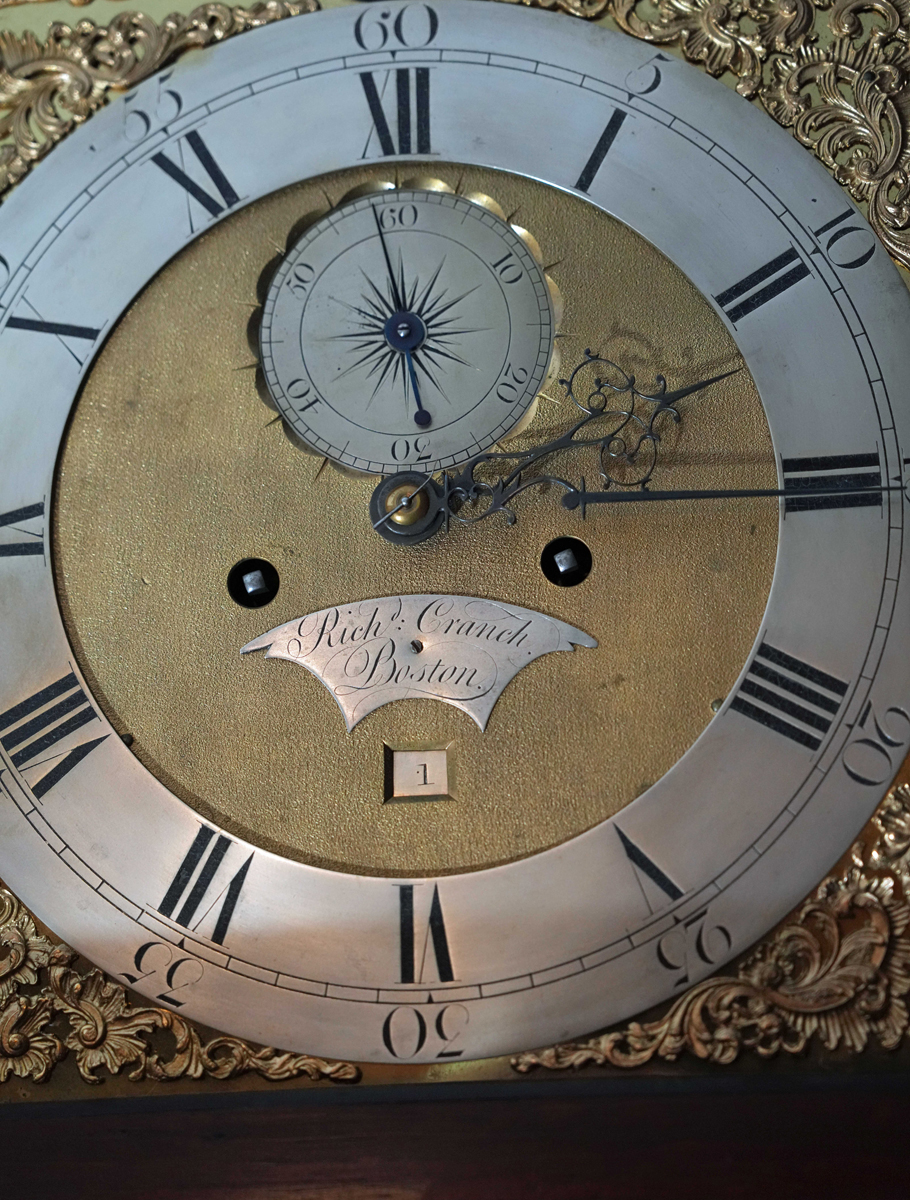Household Gods: The Religious Lives of the Adams Family by Sara Georgini (Oxford University Press, 2019)
In this sophisticated and comprehensive work, Household Gods: The Religious Lives of the Adams Family, Sara Georgini, offers readers a deeply insightful illustration of how religion impacted and influenced the lives of the family of John Adams (1735-1826) over the course of three hundred years. This unique family history takes readers from Henry Adams (1583-1646) and his experiences with Puritanism in the Massachusetts Bay Colony through the twentieth-century world of John’s great-grandson, Henry Brooks Adams (1838-1918), and his continued adamance about the necessity of critiquing one’s religion. Beautifully written and incredibly rich in primary research, Georgini, historian and series editor for The Papers of John Adams, expertly demonstrates the value of sifting through the personal diaries, private correspondence, visual familial objects, and similar resources as a means of uncovering exactly how the religious culture of the Adamses shaped their identities as well as their involvement in “the course of the American republic that they served for three centuries.” While casual readers may be intimidated by Georgini’s incredibly methodical analysis of how religion was interpreted and practiced by various Adams family members, Household Gods proves to be a meaningful contribution to the bookshelf of any late modern historian. Current historiography often overlooks the family unit as an indicator of the synthesis of religious culture, and this work satisfies an important academic need.
Diving head first into the Adams family archive, Georgini begins this meticulous monograph with a look at John’s great-great-grandfather, Henry Adams, his decision to flee the rampant cultural chaos of late Stuart-era Somerset, England, and his lifelong devotion to the Puritan faith. Evidencing the relationship between the church and the individual, the author defines Henry’s notions of providence as the guiding light that led his family to a land in which they established the congregations that ultimately founded America. In colonial Massachusetts, the church allowed for the intermingling of influential community members, such as merchants, deacons, and selectmen; However, Puritan meeting houses also served as a site for various social and political events. These cultural cornerstones facilitated a relationship between the Adams and Hancock families, and undoubtedly influenced the political career of John Adams, as it was worship that directed him to pursue the study of law as opposed to theology. Moreover, Georgini asserts, much of John’s generation utilized Congregationalist tradition to publicly advocate for the Patriot cause and legitimize its ideals, citing a connection between God’s will and natural civil rights.
Christian values were also witnessed in the moral activism that encompassed the post-Revolutionary political career of John Quincy Adams (1767-1848) who rivaled his father in professionalism and achievement, and loaned his legal skills to the defense of enslaved Africans involved in the Amistad Slave Rebellion of 1839. Similarly, John Quincy’s youngest son, Charles Francis Adams (1807-1886), spoke out against slavery in the name of his faith while serving as a United States ambassador during the Lincoln administration. As the final piece to puzzle of religion in the Adams family, Georgini examines the scholarly writing of Henry Brooks Adams, who, unlike his father, dismissed religion as hollow and insignificant in comparison to scientific facts and practices. As a renowned journalist, historian, and novelist, Henry strayed from his Protestant upbringing via his passion for academics and worldliness. While spirituality interested him, Henry was more influenced by Buddhism than the devout Puritan traditions that characterized the lives of his ancestors.
Well-educated and well-traveled, a long line of cosmopolitan Adams men and women took comfort in the systemic critique and analysis of the faith that shaped their lives. In fact, approaching their faith with skepticism and deeply analyzing their belief systems only strengthened the Adamses religious convictions. In the three centuries covered by Georgini’s work, it becomes clear that scripture provided many Adams generations with a coping mechanism against a rapidly transforming American social and political landscape, while Christianity encompassed their cultural language, and Unitarianism filled them with confidence in life choices, great and small. Moreover, in its examination of how the Adamses interpreted and addressed denominational competition, a rapidly expanding economy, and shifting gender roles and race relations, this work personalizes America’s ever-evolving religious culture. Extending from the settlement period and the nation’s founding to the Civil War and the Gilded Age, Household Gods utilizes one influential family’s extensive paper trail to allow readers to form generalizations about the development of faith during critical moments in American history. Generation after generation, each in their own way, the Adams family relied on Protestant Christianity and its practical application in daily life as a means of assessing modernity. Religion not only shaped the identities of the Adamses, it also colored the way each generation thought about the world and their place within it.
(As an Amazon Associate, JAR earns from qualifying purchases. This helps toward providing our content free of charge.)









One thought on “Household Gods: The Religious Lives of the Adams Family”
Great book review. I didn’t even know John Quincy had a son in politics. The Adams family shows the legacy of raising your children with Christian values, and how it affected our country as a whole.